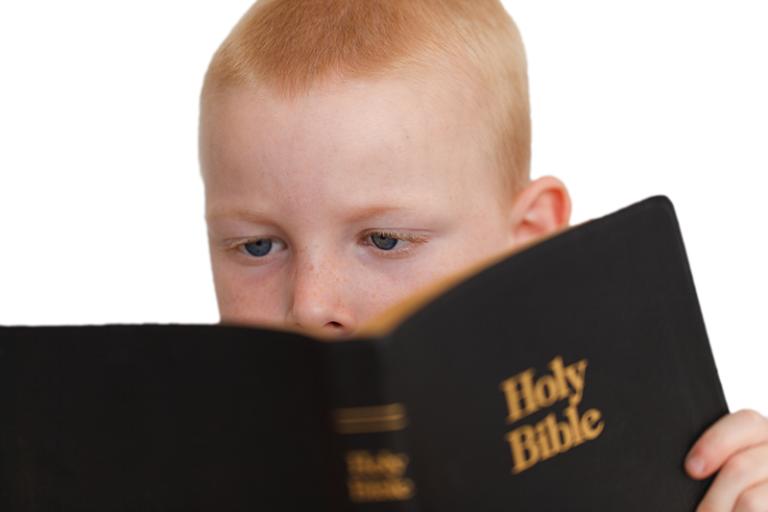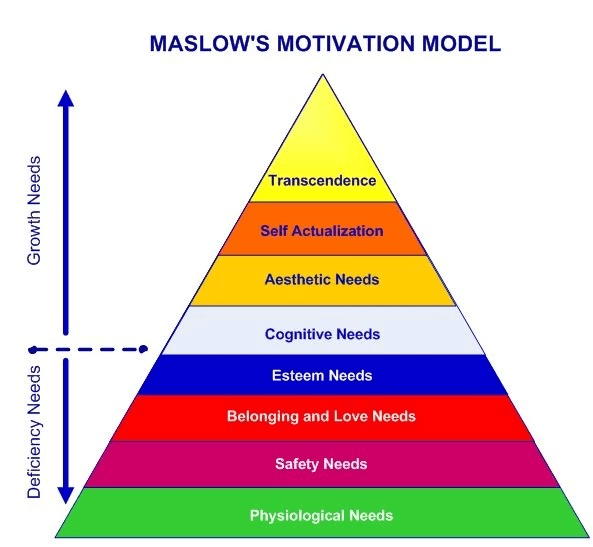If we really want to protect children, for heaven’s sake, ban the Bible! And, for sake of consistency, keep those kids away from church.

There’s a lot of talk these days about removing certain books and restraining teachers from speaking of various subjects that might cause “discomfort” in their students.
Most of these restrictions are driven by a group of people who generally identify as Christian. From what I can discern, these parents don’t want their children to have the kind of knowledge about the history of racism in the US that brings discomfort about the privilege of being able to identify as “white/caucasian.”
Furthermore, they appear to want to keep their children unaware of the possibility of a sexuality spectrum as opposed to a rigid male/female binary.
I find it fascinating. They don’t want children to learn the real and tragic history of humanity. Of how we routinely destroy other people groups through war and privation and genocide. They want to keep the children innocent in the nature of politics and power.
They don’t want children to understand how much of the history of the US is built on the backs of slaves, bought and sold like so many bags of coffee or bales of cotton.
They don’t want pre-teens to learn that struggling with sexuality is a normal part of growing up and that it needs to be talked about openly rather than whispered behind bathroom stall doors or learned on pornographic sites widely available online.
These are the things that drive our collective lives, yet they don’t want growing and inquiring minds to know about them.
Best solution: Ban the Bible
So let us indeed ban the Bible. Don’t let those tender little eyes get anywhere near that book. It is in a good reading of that book that our little ones will learn about rape, incest, genocide, same-sex attraction, beheadings, adultery, witchery, and routine slaughter that includes the slaughter of innocent children.
They might also, of course, learn about the power of laying down one’s life for the sake of one’s enemies, about the power of forgiveness, the power of grace and reconciliation, the power of opening ourselves to those who are different, the power of caring for the widows, the orphans, and the refugees who flee terror and oppression and offer to us their energies and hope for freedom.
But you can’t get one without the other. And, truly, the Bible is an uncomfortable read.
Try, for example, looking with fresh eyes the horrific story of Noah and his ark and the wholesale slaughter that accompanied that event.
How about the birth of Jesus and Herod’s reaction to the possible news of a competitor for his throne? Go ahead: re-read Matthew, Chapter 2.
Look again, as if reading for the first time, the account of Jesus trial before Pilate, of the beatings, of the incitement of the crowd to turn against him, the cruelty of the crucifixion, the denial of Peter, the cowardice of the disciples.
Then tell me about discomfort.
Yet I’m betting if you asked those pushing these restrictive mandates, you’d discover that most of them have Bibles in their houses. Perhaps we should accuse them of child abuse. Or, if we can’t go that far, let’s just state that there is a lot of hypocrisy going on here.
And don’t forget what Jesus said about hypocrites.
The problem? We need discomfort to grow.

But, of course, the idea that we should not ever be “uncomfortable” is the real problem.
Discomfort feeds growth. Too much comfort impedes and may completely disable the process of moving toward maturity, whether it be physical, mental, emotional, or spiritual.
I understand and sympathize with the need for safe spaces. Safety, as Maslow pointed out a long, long time ago, is a basic human need just above having adequate food, clothing, and shelter.
Without some sense of safety, we have no energy to create, to find joy, to make friends, to learn.
But do we really want lives without discomfort? The answer is a clear “no” of course.
Discomfort is necessary for maturity.
We actually crave discomfort. That’s the draw of athletic performances, the glory of artistic achievements, the power of travel, the exhilaration of falling in love. We need risk, danger, unknown and questions without easy answers in order to grow as humans.
The move toward spiritual maturity, which I define as growing capabilities to love God with our minds, emotions, souls, and body and to love neighbors as we love ourselves, insists that we be uncomfortable with our current states which tend toward selfishness, accumulation, and the pursuit of power over others rather than mastery over ourselves.
True education, both in school and in church, pushes as far as possible toward the uncomfortable while providing adequate safety to learn without fear.
But if those who don’t want discomfort in education continue win these battles, then it’s time to invade their houses, rip from their shelves all their Bibles, and ban the Bible from their churches.
If any parent who has insisted upon these restrictions of reading does indeed take their child to church, or read the Bible to them, or even make a Bible accessible to them, they need to be arrested and charged, their children removed from such a dangerous place.
Or perhaps we need to extend the definition of child abuse to include keeping children entirely too safe, too comfortable, and too sheltered from anything that might teach them to learn, to change things, to become forces for redemptive good.
Take your pick: Ban discomfort or ban the Bible. You can’t have both.
Photo Credits:
Photo 73468000 / Children Bible © Oksana Amelin | Dreamstime.com
Maslow’s Hierarchy: Creative Commons, Public domain.













